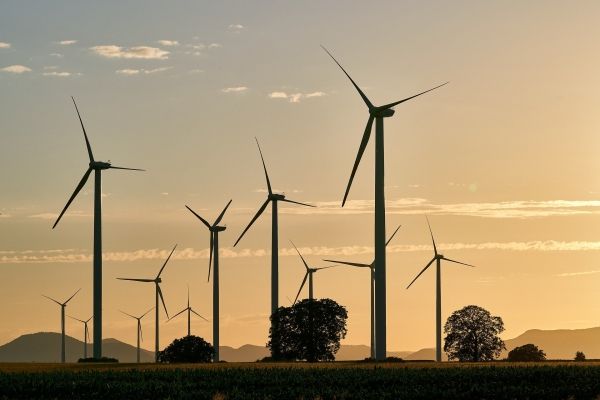For many, an increase in living standards would require an increase in energy provision. At the same time, meeting current climate goals under the Paris Agreement would benefit from lower energy use. IIASA researchers have assessed how much energy is needed to provide the global poor with a decent life and have found that this can be reconciled with efforts to meet climate targets.
In the fight to eradicate poverty around the world and achieve decent living standards (DLS), having sufficient energy is a key requirement. Despite international commitments such as the UN Sustainable Development Goals, in many areas progress on achieving DLS worldwide has been slow. There are also fears that improving energy access could lead to higher carbon dioxide emissions, which would interfere with goals to alleviate climate change.
In a new study published in the journal Environmental Research Letters, IIASA researchers used a multidimensional approach to poverty to conduct a comprehensive global study on DLS. The researchers identified gaps in DLS by region and estimated how much energy is needed to fill them. They also assessed whether providing everyone with a decent life is compatible with climate goals
Read more at: International Institute for Applied Systems Analysis
Photo Credit: distelAPPArath via Pixabay


